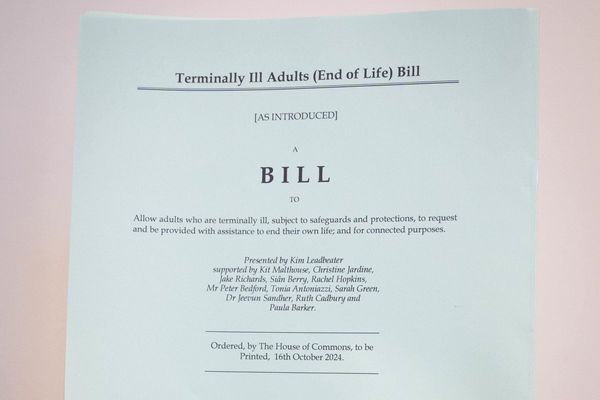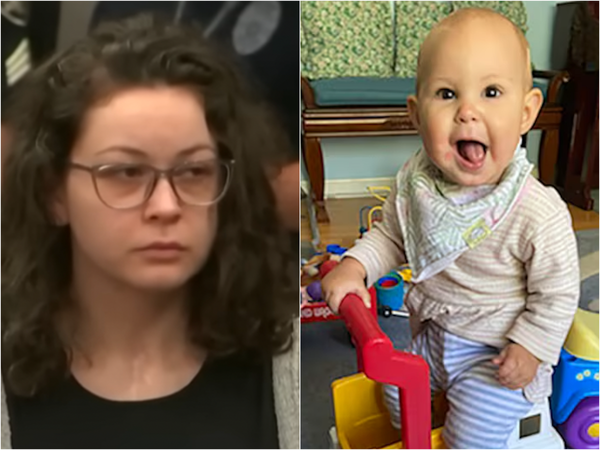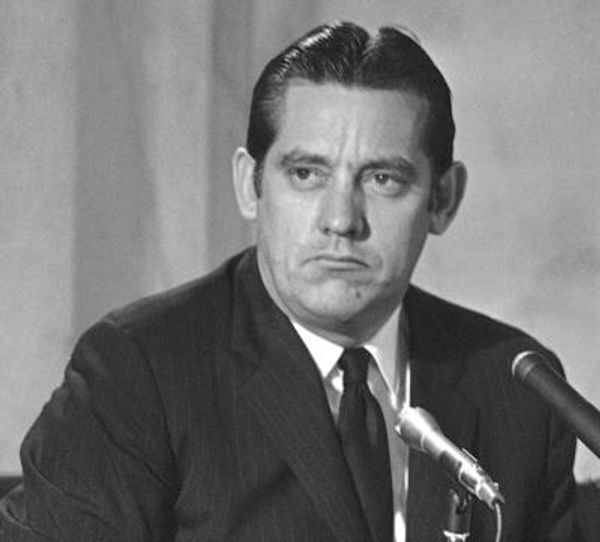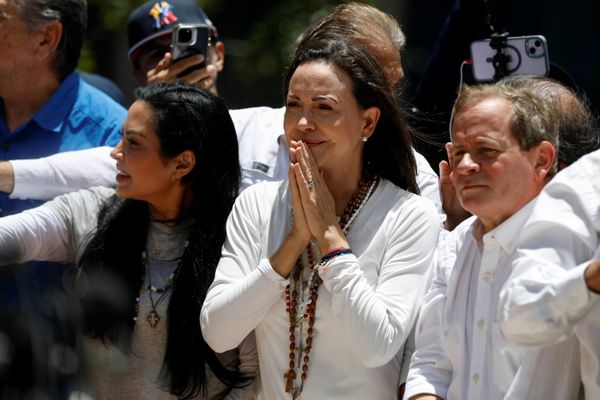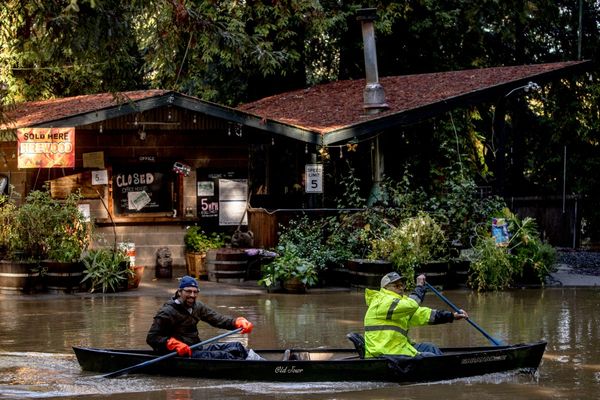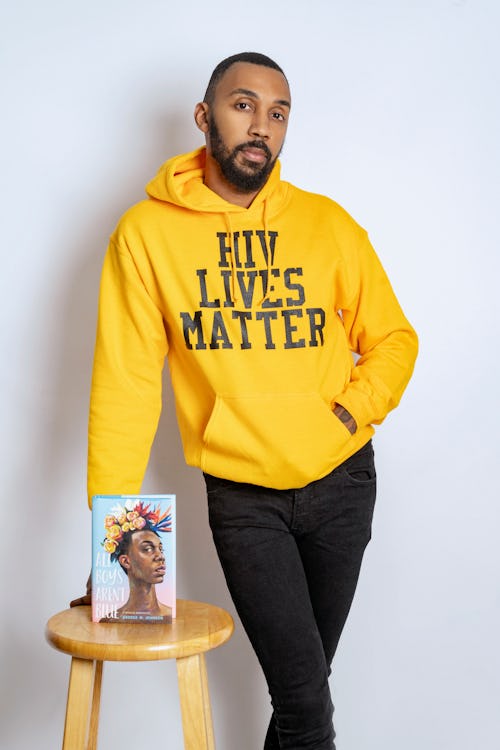
The U.S. has a long history of banning books — specifically, those that challenge the status quo or make cis het white people in power uncomfortable. And there seems to be a boisterous resurgence of attempts, especially to quiet the voices of queer authors. George Johnson’s memoir All Boys Aren’t Blue, for example, is about growing up Black and queer; it dropped a mere eight months ago and has been banned in school boards across 15 different states. Johnson is rightfully frustrated with attempts to keep their book out of the hands of students but, the resistence they’re facing as a queer writer is far from an isolated event.
This past week, Gene McGee, the Mayor of Ridgeland, Mississippi, said he would withhold $110,000 of funding from the Madison County Library System unless they got rid of books with ‘homosexual material,’ per the Mississippi Free Press. Library officials who spoke with the Mayor said that he specifically asked them to get rid of a book called The Queer Bible, which includes essays by literally all of my icons, including Elton John.
This is just a one more example of what feels a re-energized tsunami of hate against queer writers. A school district in North Carolina briefly banned Gender Queer by Maia Kobabe last month. A few months before that, Texas lawmaker Matt Krause sent out a long list of books he wanted removed from schools, mostly by authors who were LGBTQ, women, or of color.
And not that it matters to these grown homophobes, but kids are not here for these bans. Only 1% of book challenges are initiated by students, per NBC, which means that most of these efforts are led by parents or backed by wealthy Republican donors, who are increasingly terrified of concepts like critical race theory or anything that isn’t about straight white people. Young adults — especially ones who identify as queer or considering the sexuality and gender spectrum — are empowered by reading about queer people’s experiences. Being shielded from the narratives of marginalized people quite simply fuels ignorance, homophobia, and racism.
The good news is that school districts or government officials don’t always have the authority to ban books, but the fact that there is a big pile of money behind their efforts should terrify us.
Losing access to queer books in general will be a huge loss to our culture in general: Studies have shown that reading about marginalized people increases our empathy towards them, even if we don’t share their identities. By eliminating books with diverse narrators, conservatives are sending the message to the next generation that they should only empathize with one type of person (hint: it’s not us). That’s why it’s more important than ever to support queer authors, buy (and gift) their books and brush up on ways we can fight back.
